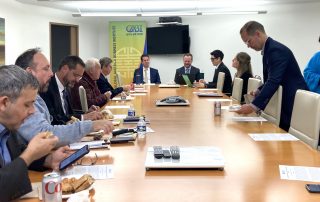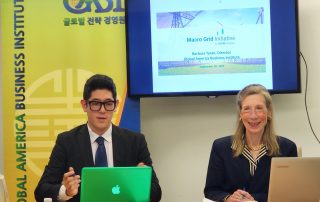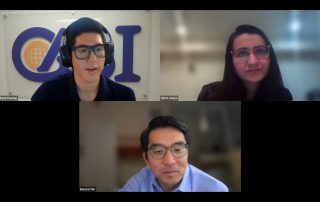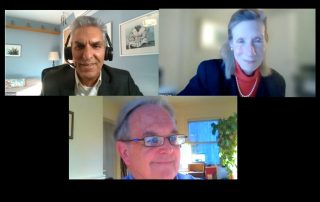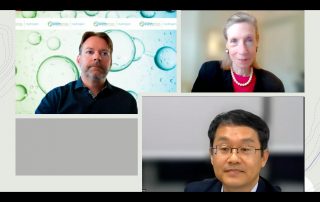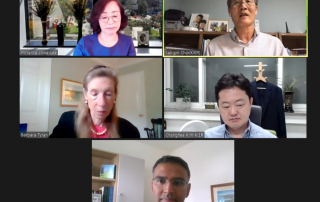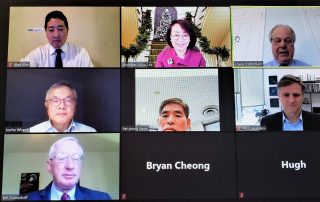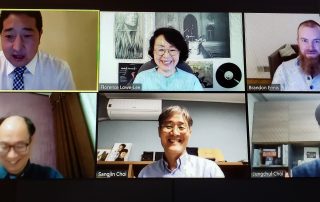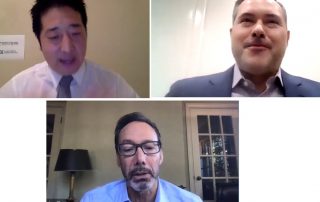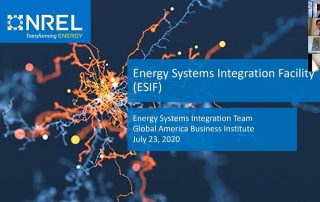GABI hosts regular roundtable dialogue on policy, technology and market developments focused on clean energy. These discussions actively promote a deeper understanding about Korea’s green technologies while trying to facilitate commercial and technical cooperation between the United States and Korea.
Developments in Hydrogen: Federal Support and Market Outlook
Hydrogen has not typically received significant federal support compared to other clean energy technologies, but the recent federal legislations such as the Bipartisan Infrastructure Law and the Inflation Reduction Act provide strong federal support for hydrogen energy technologies. Under the Inflation Reduction Act, there are significant tax incentives for both the production and end uses

